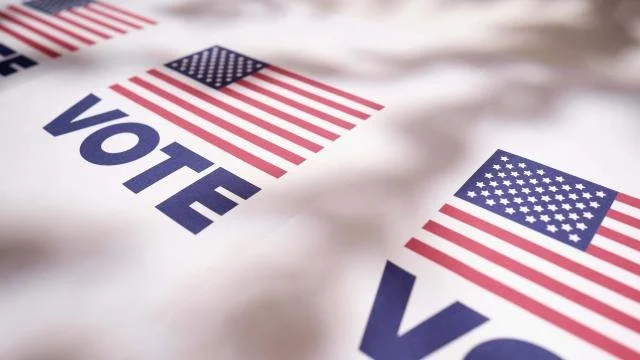Will AI replace human polling? By John Zogby
Allow me to cut the suspense. I am not buying it – at least not yet. While I built my firm and always accentuated innovation, I also knew that we were not simply dealing with statistics and accumulated data. We were polling people not numbers. I have been a defender of public opinion polling, even in the face of critics who love to tell us how wrong we all are all the time. In my new book, Beyond the Horse Race: How to Read Polls and Why We Should (Rowman & Littlefield), I show how the polls have been right most of the time and the pundits fail miserably by focusing on only the one-dimensional horse race between candidates. The polls have been quite good for the most part.
But I just finished reading an article by four authors for the Ash Center for Democratic Governance and Innovation at Harvard who correctly note that response rates for traditional telephone polls have plummeted and that lying to pollsters has become rampant. But they go on to say:
“AI could change polling. AI could offer the ability to instantaneously survey and summarize expressed opinions of individuals and groups across the web, understand trends of demographics, and offer extrapolations to new circumstances… Panels are based on AI-generated models who always answer the phone and they never lie.”
This does fascinate me and it has potential to aggregate a whole lot of survey data to generate granular information from traditional demographics, cognitive demographics (who we feel we are), and whole new groupings of people. However, while intriguing, it simply does not meet the criteria upon which I judge my own and my colleagues’ work. We need to assure ourselves that we are capturing the sentiments and sensibilities of real people, not numbers representing more numbers. Real humans, not datasets, not composites, not demographics alone.
We need to ensure that we are not simply communicating with robots, but with people who have a heart and soul, real-life experiences, and, most importantly, genuine memories. My data cohort may very well be in his seventies, white (by skin and by hair), Roman Catholic-born, live in a small city, and be grandparent, and so on. But was he ever slapped by a nun? Twice? Did he ever hit a home run in Little League and listen to his teammates saying that “he was only lucky” while he rounded the bases? Did he ever experience the joy of his professional colleagues saying the same thing when he alone nailed elections? Did his father die when he was too young? Did he ever have experiences that triggered memories at the very moment that he was taking a survey and that probably informed the responses he gave? That, of course, was me. But AI is going to represent me with a composite of demographics, not who I really am.
Memories and experiences do impact our decisions as much as our demographics. And we struggle to discover what and when single memories may be dredged up. Maybe someday these can be captured by artificial intelligence and stored for individual use. But for now, my advice to those who pursue the fields of data analytics and opinion research is the same as it has always been: build up your base and reserve of human experiences; study people through the social sciences and humanities; work at low paying jobs to be able to build up your experiential bank; and read novels to learn more about the human spirit. That will inform your analysis in more ways than just simply algorithms and datasets. Maybe some day soon we can use AI-generated samples. But not now, please.
John Zogby is senior partner at the polling firm of John Zogby Strategies and is author of Beyond the Horse Race: How to Read the Polls and Why We Should (Rowman & Littlefield). John is also a Member of the Genesis Group Data Analytics Task Force.





